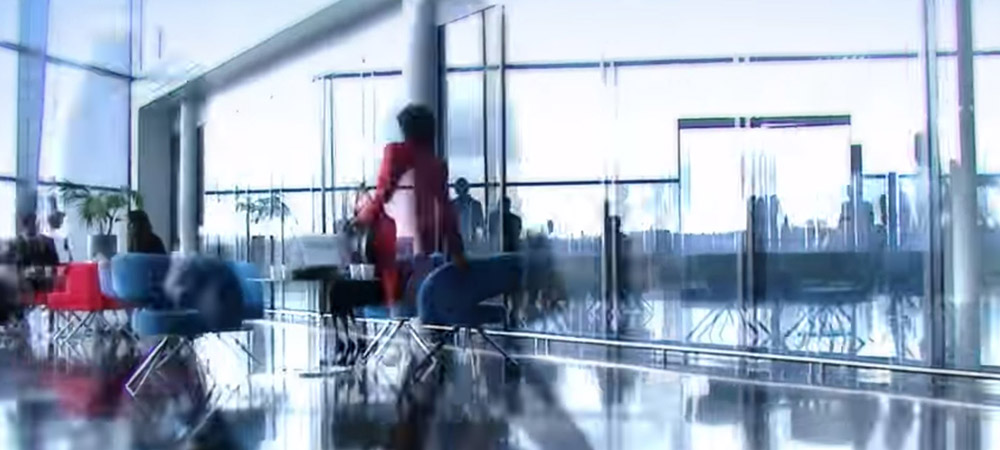If you think economists are souring on the outlook for 2020, try talking to a local business owner.
The National Association for Business Economics pared its forecast for gross domestic product growth on Monday, saying the consensus now pegs the increase at 1.8 percent next year, down from the 2.1 percent predicted in a June survey.
[source: Boston Globe] That’s positively cheery, though, compared with what Associated Industries of Massachusetts is being told by its members. Forget about a slowdown. Start thinking about a contraction.
AIM reported Monday that two-thirds of survey respondents say they expect economic growth will turn negative for at least one quarter between now and the end of 2020. What does that mean? Employers are bracing for a coming storm. Many are already putting a lid on hiring plans, selling off excess inventory, or scaling back on equipment purchases and capital projects.
Chris Geehern, an executive vice president with AIM, says the employer group seemed to be hearing an increase in concern among members. So AIM tacked on two questions in September to its monthly business confidence polling: Do you expect an economic contraction between now and the end of 2020, and, if so, what is your company doing to prepare for it?
The result: Two-thirds of the 111 respondents expect a contraction within the next 15 months. Geehern says the size of that majority took AIM executives by surprise. They knew it was tough out there, but maybe not that tough. The manufacturing industry, famously suffering amid the trade battles with China and other countries, is feeling pain more acutely than other sectors. Geehern says manufacturers only represented about 20 percent of respondents this time, although the mood is particularly dour in that industry.
Executive director JD Chesloff says he’s hearing similar concerns among his members in the Massachusetts Business Roundtable, particularly with regard to geopolitical issues such as trade and immigration. A year ago, a vast majority said they thought the economy was improving, and that their companies were planning to do more hiring. Now, most still see improvement, but only a minority expect additional hiring. Chesloff isn’t picking up the same level of fear around an economic contraction that AIM is detecting. That may be, in part, because the Roundtable consists of large employers, while AIM membership includes many small and midsize companies.
Other potentially troubling signs for the Massachusetts economy have emerged recently. For example, the latest MassBenchmarks index indicates annualized growth of the state’s economy could slow to a meager 1 percent in the fourth quarter. And on Friday, the Department of Revenue said state tax collections fell 1.1 percent in September from the same month a year ago.
AIM executives are already starting to think about how this possible contraction should play out amid their lobbying on Beacon Hill. A gas tax increase is expected to be proposed during a transportation debate this fall in the House, and the state Senate just approved an increase in education spending that could total nearly $300 million in additional funds each year. A potential income-tax surcharge for people who earn more than $1 million looms, further in the future.
The statements from AIM on Monday indicate that the group’s leaders want the Legislature to show caution and restraint as they tackle these big-ticket items. It’s easy to imagine these “economic contraction” poll results showing up among their talking points this fall.
Eileen McAnneny, president of the business-backed Massachusetts Taxpayers Foundation, says it’s not really surprising that employers are worrying more about the end to a decade-plus of economic expansion. But there are mixed signals, still: She points to the latest jobs numbers from the Bureau of Labor Statistics that show the country’s unemployment rate fell to its lowest point in 50 years.
Lawmakers, she says, certainly should be more cautious about raising taxes in the downswing of an economic cycle. But she argues the state needs more revenue to address its long-term transportation needs, such as electrification of the commuter rail system. (Her group is also studying the new education funding bill to see if more revenue is needed for that as well.)
So who should we believe? A bunch of smart people with doctoral degrees, or entrepreneurs and executives whose livelihoods and businesses are at stake? The slow expansion that economists predict for next year might end up being our best possible outcome.

